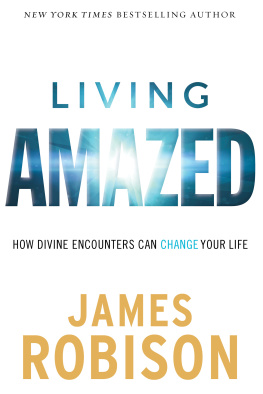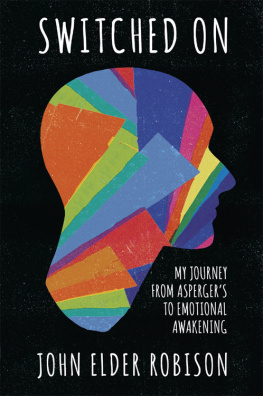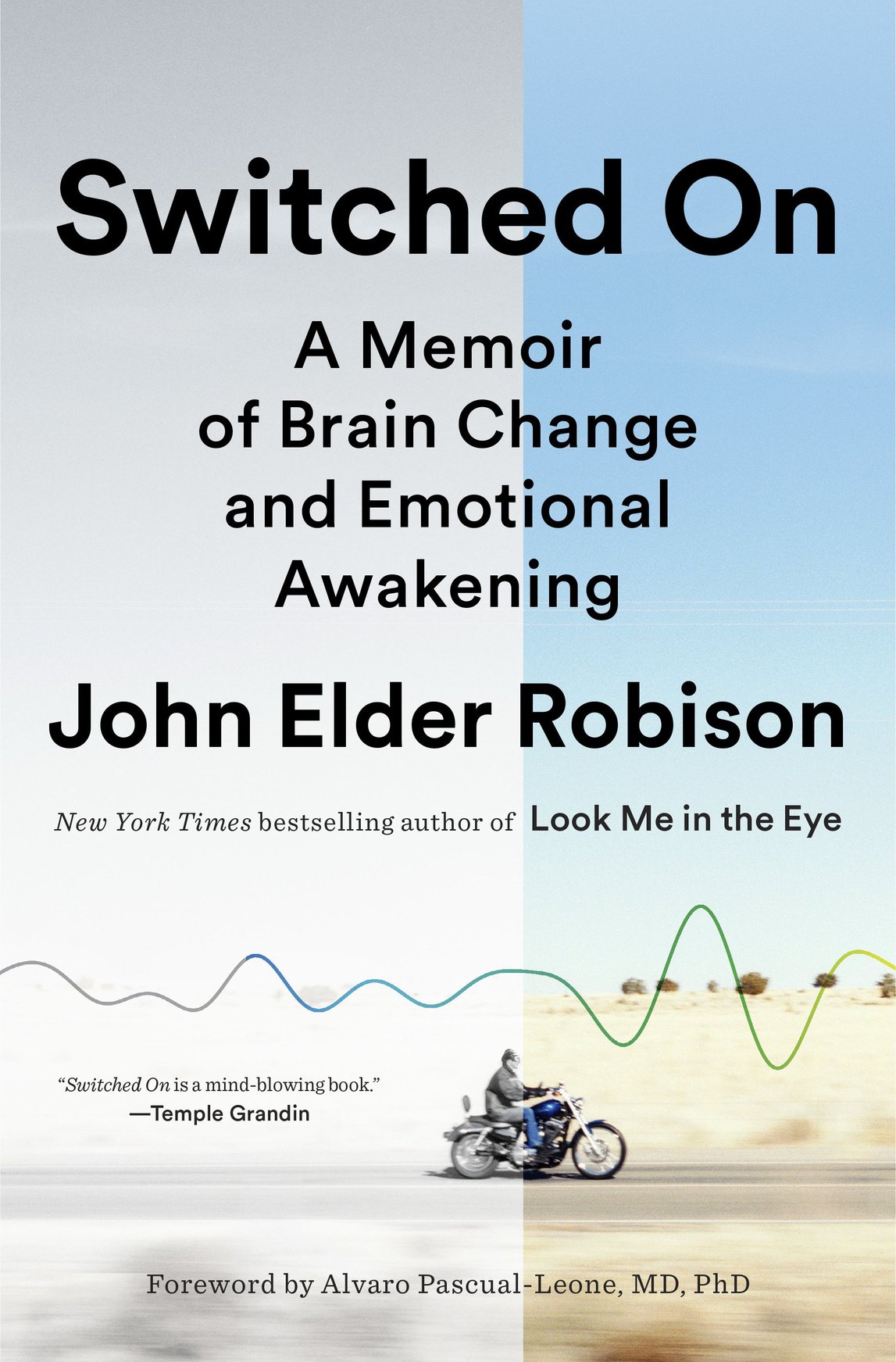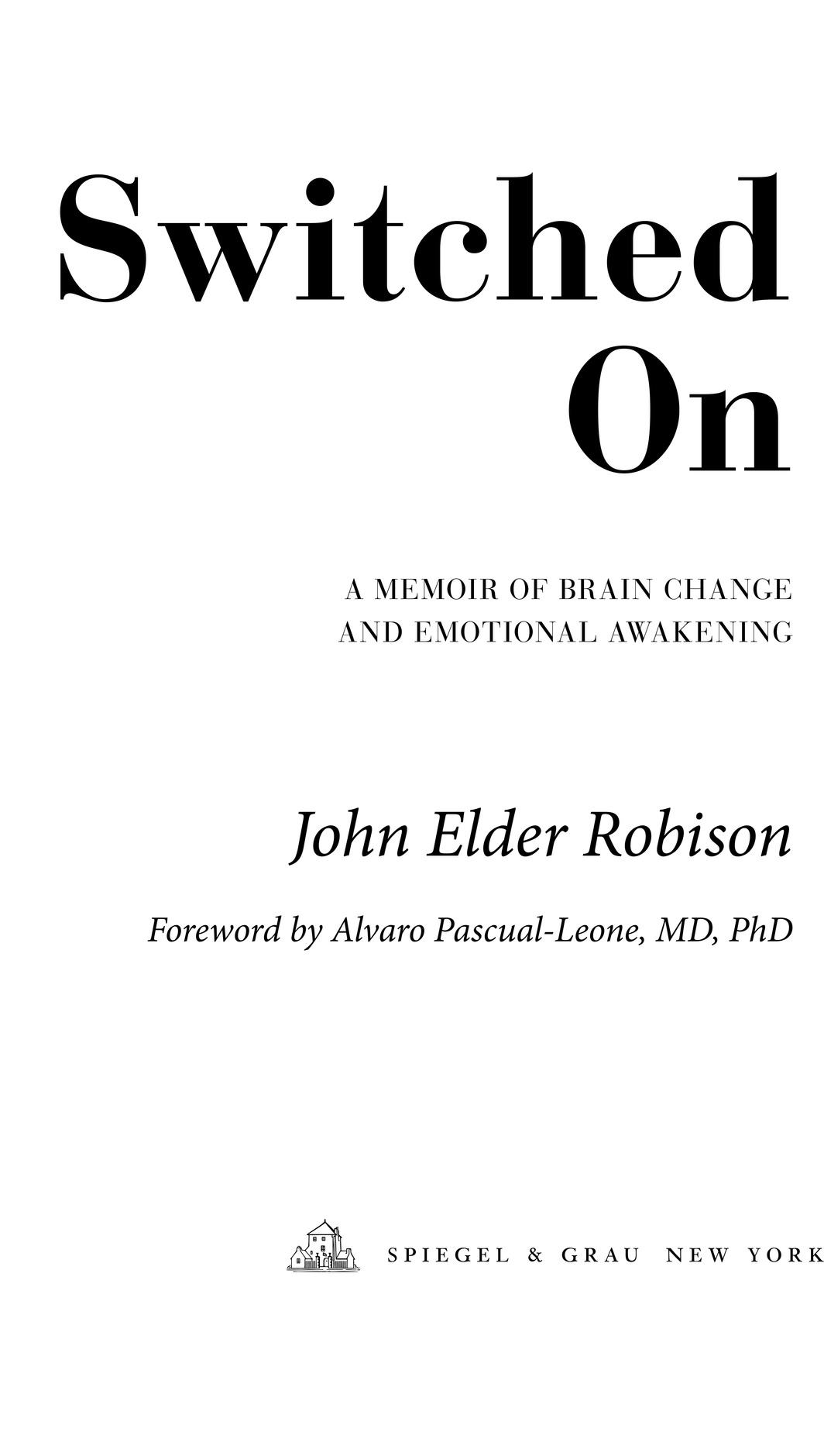Switched On is a work of nonfiction. Some names and identifying details have been changed.
Copyright 2016 by John Elder Robison
Foreword copyright 2016 by Alvaro Pascual-Leone
Afterword copyright 2016 by Marcel Adam Just
All rights reserved.
Published in the United States by Spiegel & Grau, an imprint of Random House, a division of Penguin Random House LLC, New York.
S PIEGEL & G RAU and the H OUSE colophon are registered trademarks of Penguin Random House LLC.
LIBRARY OF CONGRESS CATALOGING-IN-PUBLICATION DATA
Names: Robison, John Elder, author.
Title: Switched on: a memoir of brain change and emotional awakening / John Elder Robison.
Description: New York: Spiegel & Grau, 2015. | Includes bibliographical references.
Identifiers: LCCN 2015014112 | ISBN 9780812996890 (hardback) | ISBN 9780812996906 (ebook)
Subjects: LCSH: Robison, John ElderMental health. | Aspergers syndromePatientsUnited StatesBiography. | Aspergers syndromePatientsTreatment. | BISAC: BIOGRAPHY & AUTOBIOGRAPHY / Personal Memoirs. | SCIENCE / Life Sciences / Neuroscience. | MEDICAL / Neuroscience.
Classification: LCC RC553.A88 R6356 2015 | DDC 616.8588320092dc23 LC record available at http://lccn.loc.gov/2015014112
eBook ISBN9780812996906
randomhousebooks.com
spiegelandgrau.com
Book design by Christopher M. Zucker, adapted for ebook
Cover design: Greg Mollica
Cover photograph: Getty Images
v4.1_r1
ep
Contents
Im living at a peak of clarity and beauty I never knew existed. Every part of me is attuned to the work. I soak it up into my pores during the day, and at nightin the moments before I pass off into sleepideas explode into my head like fireworks. There is no greater joy than the burst of solution to a problem. Incredible that anything could happen to take away this bubbling energy, the zest that fills everything I do. Its as if all the knowledge Ive soaked in during the past months has coalesced and lifted me to a peak of light and understanding. This is beauty, love, and truth all rolled into one. This is joy.
D ANIEL K EYES , Flowers for Algernon
Authors Note
S OME READERS of this story may ask if its true. It is. This is a memoir that describes my participation in a series of brain stimulation experiments and what happened next.
Events and conversations were reconstructed as accurately as possible using notes, emails, and the collective memory of others who shared this remarkable adventure with me. While I put words in the mouths of various people, notably the physicians and scientists at Beth Israel Deaconess Medical Center, I do not have recordings or detailed notes of all these conversations and do not mean to imply that those were actually their exact words. They are my best recollection, relating my own perspective.
With that in mind, I asked the key people whose conversations and actions fill this book to read what I wrote and make sure I did not inadvertently misrepresent the things they said or did.
The doctors and scientists involved are all identified, as are most other people in the story. Ive changed the names of a few other characters to disguise their identity, and made note when that was done, but in every case events are related as accurately as my memory allows.
Ive done my best to avoid errors when explaining complex neuroscience, and Ive asked the key scientists to review everything Ive written for technical accuracy. I have incorporated their many corrections and explanations, and any remaining errorsand Im sure there are someare mine alone.
The journey described on these pages was made possible through the hard work and insight of Dr. Alvaro Pascual-Leone, MD, PhD, and the staff of the Berenson-Allen Center for Noninvasive Brain Stimulation at Bostons Beth Israel Deaconess Medical Center, a teaching hospital of Harvard Medical School. Without you, none of this would have happened.
J OHN E LDER R OBISON
January 2016
Foreword
Alvaro Pascual-Leone, MD, PhD
I N Switched On, John Robison has written a remarkable, engaging, and moving story that reminds me of why I first became a physician. In my practice, I try never to lose sight of this admonition attributed to Hippocrates, the Ancient Greek physician who was arguably the father of modern medicine: If you have to choose between learning about the disease that a patient has, or about the patient who has a disease, choose always the latter. As a cognitive and behavioral neurologist, my mission is to help patients affected by various neurological and psychiatric conditions, including autism, epilepsy, stroke, Parkinsons disease, or drug-resistant depression. Modern medicine places immense importance on decision-making based on the most up-to-date science, and on accumulating specialized knowledge of disease, but the truth remains that clinical medical practice, at its core, should be about helping a persona specific individualget better. John Robisons story brings me back to this truth. It echoes through my head every morning when I walk through the doors of the Berenson-Allen Center for Noninvasive Brain Stimulation at Beth Israel Deaconess Medical Center, which I run and where much of the action in this book takes place.
The concept of brain plasticity refers to the ongoing capacity of the brain and the nervous system to change itself. Everything that we do, think, feel, and experience changes our brain. A stroke or a traumatic brain injury can affect brain plasticity, and plasticity may also be associated with such developmental disorders as autism. Increased brain plasticity may also potentially endow a person with unanticipated new abilities, as John appears to have experienced in this book. TMS, or transcranial magnetic stimulation, the intervention that John undergoes, provides a unique opportunity for us to learn about the mechanisms of plasticity, and to identify alterations in the brains networks that may be responsible for a patients problematic symptoms, and also for recovery.
Over the past three decades, TMS has become a valuable tool in psychiatry and neurology, and this book comes at a time when interest in brain stimulation in general, and in TMS in particular, is growing. In the United States, the FDA has cleared several devices to deliver TMS for the treatment of medication-resistant depression, migraine, and presurgical brain mapping, and international approval extends to treatment of developmental disorders, pain, stroke recovery, epilepsy, and dementia. Nearly one thousand TMS clinics exist in the United States, where patients who have seen little or no response to drug treatments and other more traditional interventions are being helped. However, knowledge of TMS and its potential remains limited in the medical community and among the general public, and many patients who could benefit from it are not being offered access. This is something that I hope will change in the near future, as stories like Johns come to light. At the same time, more research into the effects of TMS on the brain are needed to improve its therapeutic potential and minimize its risks.








